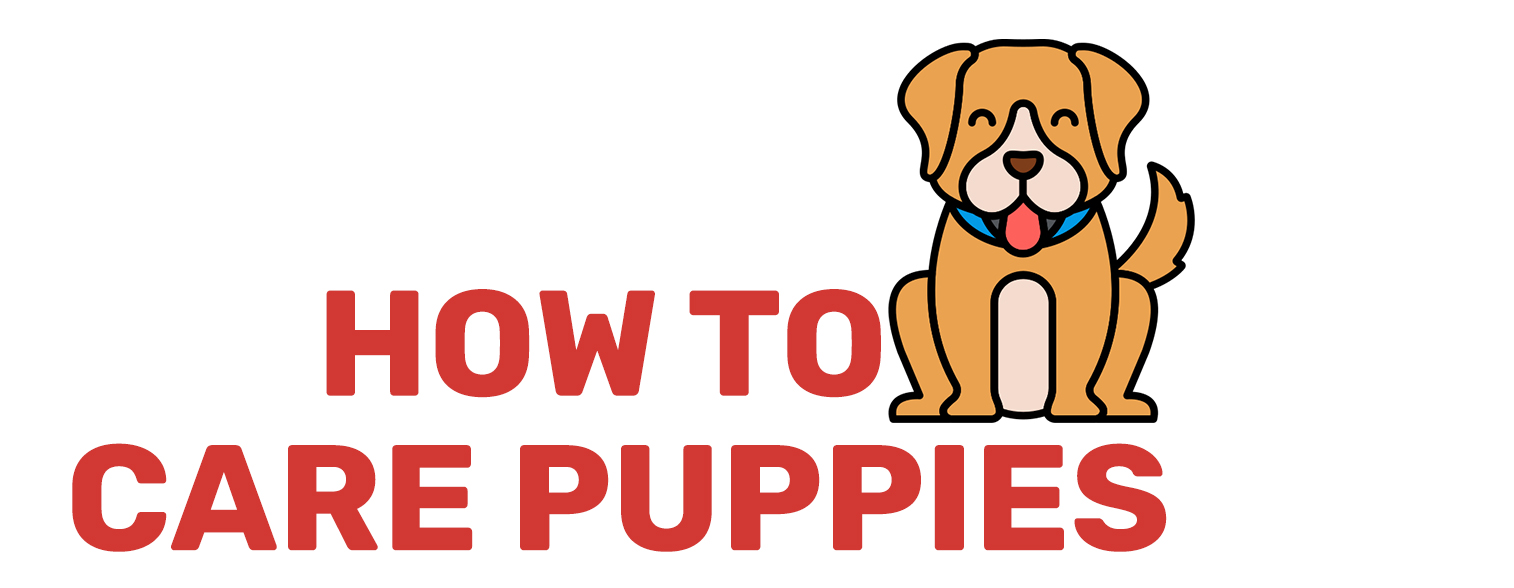
Puppy Development Stages: Practical Guide
Puppy growth can take you by surprise, as your “little” friend grows into his big paws. Different breeds have different growth levels, and you can check to see how well your puppy is doing, relative to his age, to make sure his growth is on track. Pups are usually considered dogs on their first birthday, so that year is an essential time for development.
A very common question that dog-buyers ask about puppy growth is how big the dog will be when he matures. If you buy a purebred pup, you can have a good idea of how big they will get, by checking the breed standards. But if you buy a mutt, who knows how big he might grow?
Here are the lists of stages of puppy growth, and signs of proper development:
Newborn puppies and up to three weeks of age: Puppies are born toothless, deaf and blind. In a pup’s first week of life, he will spend about 10% of his time eating, and 90% sleeping. They can crawl, but not walk normally. The pup’s eyes open at one to two weeks of age, and then it can see. Ears should be open by two to three weeks of age. Pups this age will whimper when they are uncomfortable or hungry, and they are completely reliant on their mother for those first three weeks.
Puppies three to seven weeks of age: Pups will normally be weaned sometime between the ages of three and seven weeks. Their first milk teeth will be seen during these weeks. At this time, the pup is also taught discipline from his mother, and he will socialize with other dogs, as well as people, as his puppy growth continues. The pup will walk normally during the three to seven-week period, and he can start smelling things at about three weeks of age. A pup can bark at three weeks, too, and will begin baring his teeth and growling in play fights, and wagging his tail.
Before four weeks of age, the pup will spend time almost exclusively with his mother. He develops a good use of his legs and can chase things. There is a great deal of puppy growth, size-wise, during this period. After the mother weans her pups, they will need to get vaccinated, so her immunity given to them through her milk can be supplemented.
Puppies seven to twelve weeks of age: This is the time when pups usually find new homes, so they are spending time getting used to new people. Puppies can be fearful at this age and can start to learn, but their attention span is short. At this age, pups are usually housebroken or started that way, and the pup should be fed four times a day in small amounts.
During this period, the motor skills of the pups improve, and they will use their instincts to explore the area they now live in. He will still sleep a lot, and he is still growing rapidly. At this age, pups need to learn your rules.
Puppy growth may vary some from individual to individual, but you can look at his parents or breed standards to determine how big he might become as an adult dog.
